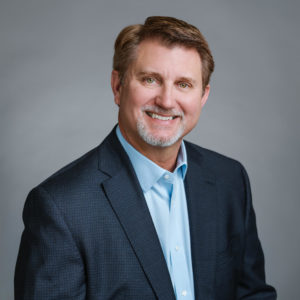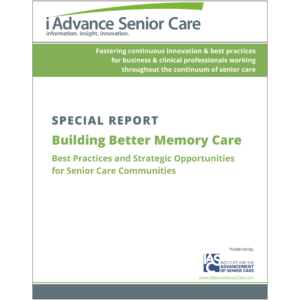Are your employees being heard?
In a previous column about staff satisfaction, we discussed what common themes are important to staff, as found in numerous staff satisfaction surveys. Most themes relate to being respected and heard, included in daily operations and decisions, and appreciated. All are such simple and basic requirements, and all can be addressed if administrators and managers create a culture by genuinely welcoming and valuing staff input.
All managers and administrators need to stay open and truly listen to staff members. The challenge is to facilitate the interchange of issues, problems, ideas, and solutions. When staff are not permitted to voice their perspective or are not heard when they do, the organization will suffer. Although it is not always pleasant or easy to hear suggestions or criticism, the ability of employees to express themselves without repercussion or judgment is essential. The administrator and managers must allow the staff to state how they honestly feel, or the facility will never change.
This practice by necessity requires listening to all views and perspectives. The most successful leaders surround themselves with individuals who challenge their thinking and who make significant contributions to the direction and progress of the organization.
In order to hear staff constructively on a consistent basis, you need to establish a means for creating dialogue. Formal and informal mechanisms serve to enhance communication. Create avenues for communication individually and globally. Formal, planned communication could include a communication board or book, e-mails, letters attached to paychecks and those sent to staff homes. Routinely scheduled forums conducted by administration/leadership should include all staff on all shifts, serving to promote communication and the opportunity to keep staff informed of current issues, actions, initiatives. When meetings are consistently scheduled, this practice gives staff the expectation that regular forums will occur, allowing them to prepare in advance and save issues for those designated times.
Employee forums can be substituted for one of the weekly in-service programs. Initially, in the establishment of a new facility or transformation of an existing one, forums should be held at least quarterly by leadership. Later, less frequent encounters will be necessary, as long as one is held with every important change or project. This may involve issues such as changes in employee benefits, major renovations, or a new initiative.
Informal communications happen on a day-to-day basis as management and administration make themselves available to staff. Being with the staff provides opportunities to educate and communicate and enhances the ability to grasp how staff is performing and coping. There is no substitute for time spent with staff and nothing more effective than staying connected with the ongoing operation of the facility.
When communication flows readily in all directions, issues and concerns are handled quickly with sufficient amounts of information. This promotes better procedures and projects. Everyone is content when they feel free to communicate and know that they are heard to the benefit of all involved: residents, families, and staff.
Susan Gilster, PhD, FACHCA, NHA, Fellow, developed the Alois Alzheimer Center, Cincinnati, Ohio, which opened in 1987 as the first freestanding dementia facility in the United States.
Jennifer L. Dalessandro, BS, NHA, is the Assistant Administrator and Research Coordinator of the Alois Alzheimer Center and has helped it evolve into a person-centered facility.
For more information, phone (513) 673-1239 or visit www.careleadership.com or www.alois.com.
I Advance Senior Care is the industry-leading source for practical, in-depth, business-building, and resident care information for owners, executives, administrators, and directors of nursing at assisted living communities, skilled nursing facilities, post-acute facilities, and continuing care retirement communities. The I Advance Senior Care editorial team and industry experts provide market analysis, strategic direction, policy commentary, clinical best-practices, business management, and technology breakthroughs.
I Advance Senior Care is part of the Institute for the Advancement of Senior Care and published by Plain-English Health Care.
Related Articles
Topics: Articles , Facility management , Staffing











